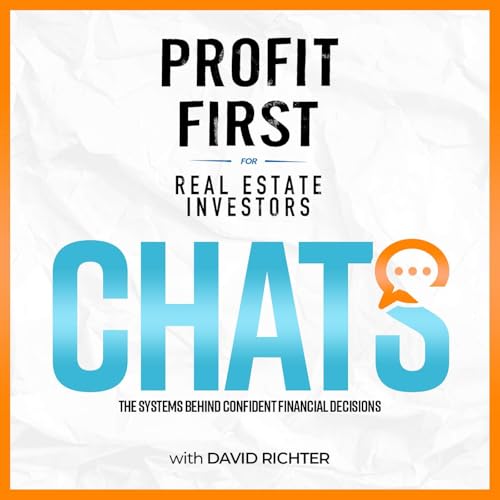If you don’t have cash reserves in your business, you’re one bad month away from everything falling apart—and I don’t want that for you. In this episode, I break down why cash reserves are the foundation of financial stability and how a lack of reserves quietly destroys otherwise good businesses.
I share a real story of an investor who was doing meaningful work, growing fast, and still ended up having to shut everything down because cash wasn’t under control. We talk about why reserves aren’t built in one good month, how systems like Profit First make reserves automatic, and how building cash buffers gives you options, peace of mind, and real freedom as a business owner.
Timeline Highlights:
[0:00] Why a lack of cash reserves puts your entire business at risk
[0:47] A real story of growth, cash crunches, and hard decisions
[1:56] How not having reserves led to layoffs and shutting down
[2:29] Why entrepreneurship requires systems for volatility
[2:48] The first step: knowing your real numbers
[3:08] Why Profit First prioritizes profit and reserves
[3:48] The danger of “sales minus expenses equals profit”
[4:20] How reserves create options and peace of mind
[5:13] Why cash issues cause stress, conflict, and bad decisions
[5:44] The difference between fear-based decisions and calm leadership
[6:24] Giving every dollar a name with Profit First
[7:29] How reserves are built automatically, not accidentally
[8:34] Why reserves let you make decisions from opportunity, not fear
[9:25] Why reserves are a habit, not a one-time event
Key Takeaways
- Cash reserves protect your business from volatility and uncertainty.
- Most business failures come from cash issues, not bad ideas.
- Reserves give you options, confidence, and decision-making power.
- Profit must be prioritized before expenses—not after.
- Profit First builds reserves into every sale automatically.
- Financial peace comes from systems, not hope.
- Reserves are built through consistent habits, not one great month.
Links & Resources
Book a free discovery call and build real cash reserves in your business: profitrei.com
Closing
Thanks for spending time with me today. If this episode helped you see why cash reserves matter so much, make sure to follow the show, leave a review, and share it with another business owner who’s riding the cash-flow roller coaster. And if you’re ready to build real financial stability with guidance and accountability, visit profitrei.com and book your free discovery call to start creating clarity and freedom in your business.
 15 m
15 m 37 m
37 m Feb 20 202611 m
Feb 20 202611 m 33 m
33 m Feb 13 20268 m
Feb 13 20268 m Feb 10 202630 m
Feb 10 202630 m Feb 6 202610 m
Feb 6 202610 m 32 m
32 m
